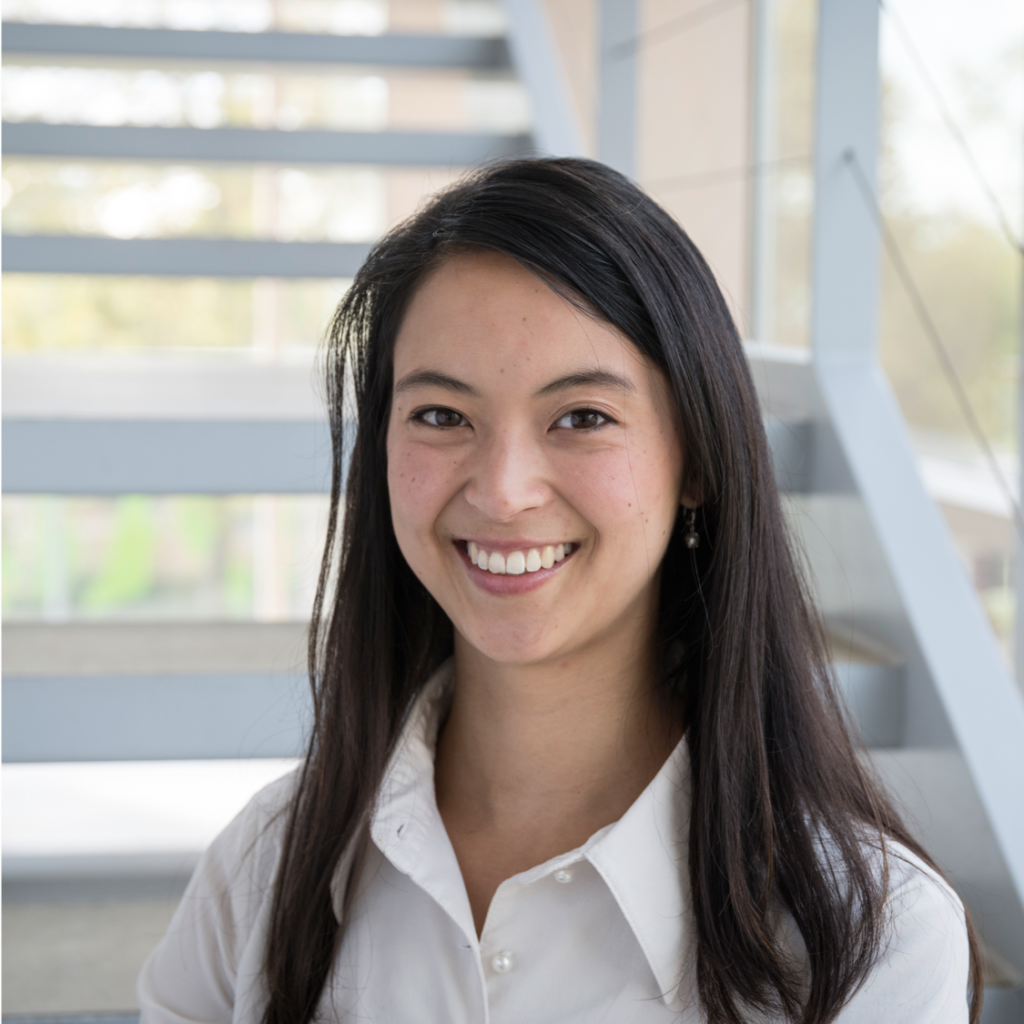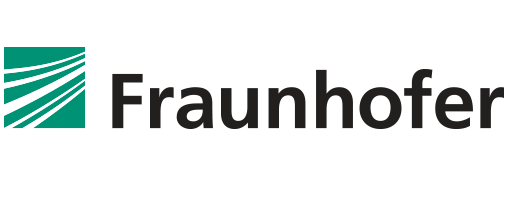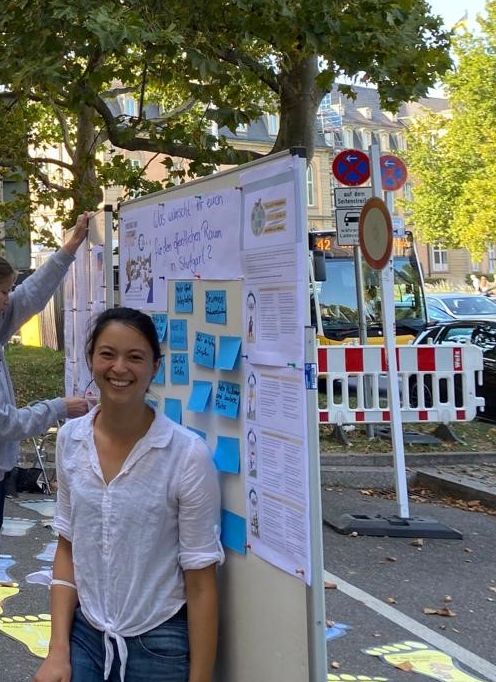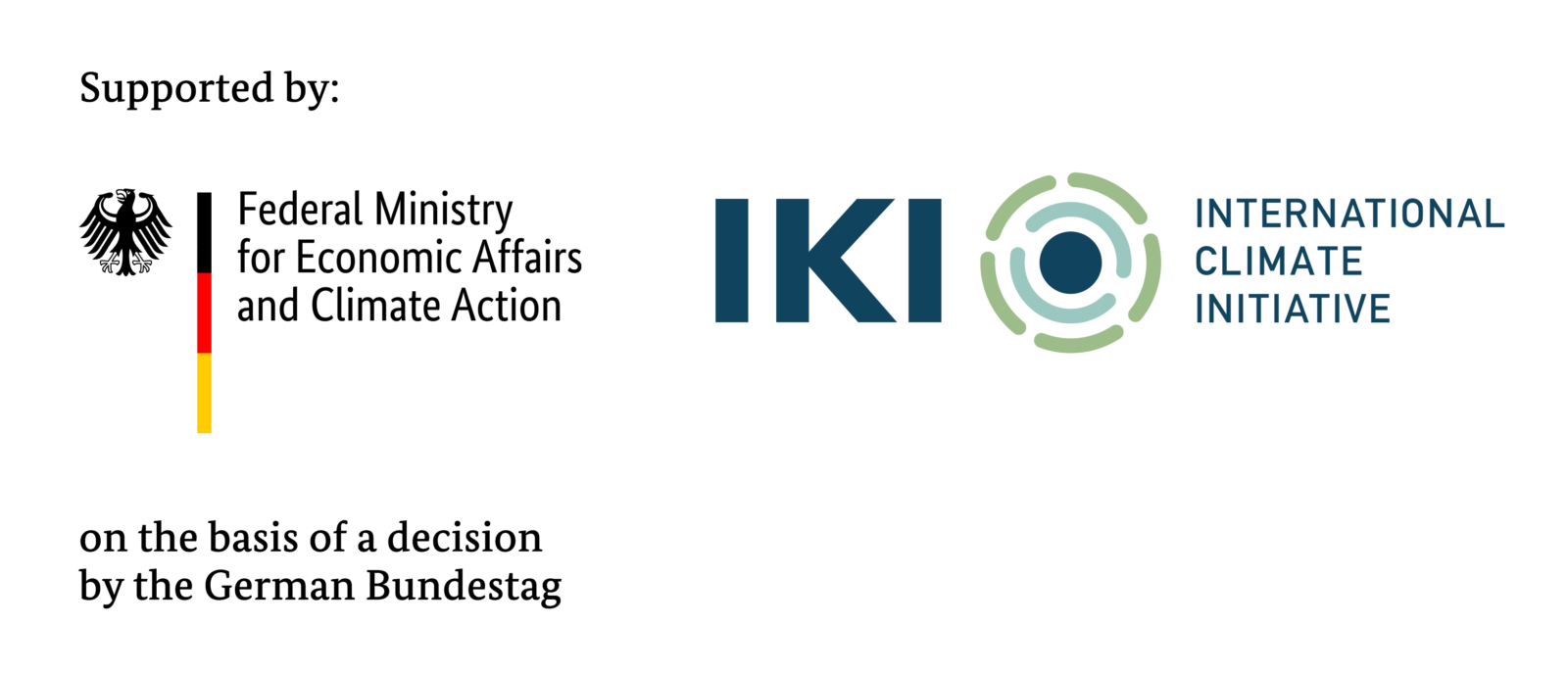Interview with Sophie Mok, Climate Resilience & Capacity Building, Fraunhofer IAO, Stuttgart
With regards to effective replication and inclusion of best practices in the climate area, capacity building is one of the most successful levers and a key pillar within MGI. I am very excited to support the initiative in assessing climate resilience and facilitating knowledge exchange, hoping to contribute to a more climate-friendly, resilient and livable future.


Q.: Please describe your work within the project in three words.
A.: Knowledge Exchange, Climate Resilience, Inspiration
Q.: What does a typical working day look like for you?
A.: My working day usually begins with a cup of coffee and lots of mails. Since this year, home office has become “the new normal” at our institute. While I am missing the usual in-person exchange and interactive working sessions at the office and the travels to different partner cities and project meetings, I am glad for all the great colleagues and project partners with whom I can exchange, develop new ideas and explore digital alternatives to further drive our projects and research activities in the area of climate adaptation and climate change mitigation.

Q.: What are the biggest challenges regarding capacity building within the MGI?
A.: As part of the MGI project, several climate-related webinars and workshops will be organized to facilitate capacity building and knowledge exchange between the partner cities and beyond. The biggest challenge here will be to make sure that the contents of these sessions are relevant, hands-on and help participants in developing and implementing new ideas and projects to drive climate-friendly urban development.
Furthermore, we have to think about suitable technical and organizational solutions, e.g. regarding language issues and remote collaboration, to reach our target audience and encourage discussions and exchange.
Q.: In what ways are the areas of assessing climate resilience and facilitating knowledge exchange impacted by the current COVID-19 pandemic?
A.: As in the rest of the project, also these activities have to be conducted with a focus on remote working and digital tools. In the climate resilience assessment in Kochi for example, we purely relied on online interviews, surveys, and literature research. As part of the capacity building, we have organized a first interactive online working session with all cities using MS Teams and the MURAL tool. In this session, we focused on the topic of COVID-19 response in each city and what parallels, synergies and links exist between the Corona crisis and the climate crisis. It has been a great opportunity to explore new ways of collaboration and the results can be found in the form of a short statement paper on the MGI website.
Q.: What do you wish for in the future of the project?
A.: For the future, I hope to be part of many more inspiring discussions and be able to meet more of the cooperation partners in person, as well. Above all, I wish that some of the developed ideas and solutions can be implemented to have a positive impact on the sustainability, resilience and livability in the partner cities and beyond.

